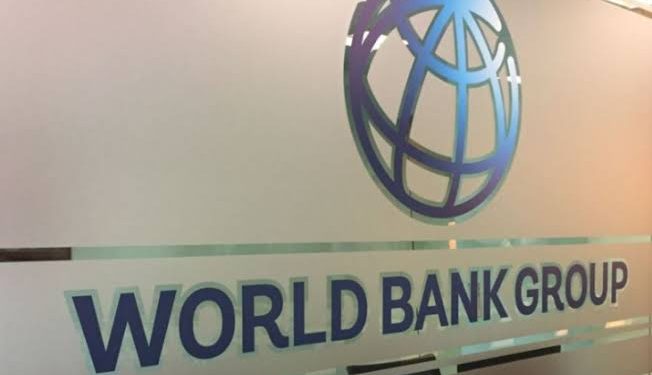Nigeria could forfeit $10 million from a World Bank credit facility by June 30, 2025, due to audit failures, delays in launching critical digital platforms, and slow implementation of a revenue assurance system. The warning comes from a recent restructuring paper issued by the World Bank to the Federal Ministry of Finance.
The affected fund is part of the $103 million Fiscal Governance and Institutions Project (FGIP), a World Bank-supported public financial management initiative under the International Development Association (IDA). The FGIP aims to enhance Nigeria’s revenue generation, fiscal transparency, and accountability systems. However, key deliverables under the project remain unfulfilled as the closure date approaches.
One of the major setbacks is the failure to complete the revenue assurance audit for the Federal Inland Revenue Service (FIRS) and Nigeria Customs Service (NCS) for the 2018–2021 period. The audit reports submitted fell short of international standards and were deemed unacceptable by an independent verification agent. Consequently, a $4 million allocation for the audit has been cancelled.
In total, the Ministry of Finance has requested the cancellation of $10.4 million in project funding: $0.9 million for unused technical assistance and $9.5 million for unmet performance-based conditions (PBCs), including the flawed audits.
The restructuring paper also highlighted the failure to deploy a National Budget Portal, which was expected to provide capital budget data for the Federal Government and at least 20 states. Despite receiving $1 million in funding, the portal was not launched. Another delay involves the implementation of the Revenue Assurance and Billing System (RABS), which received $4.5 million. Out of 55 Federal Government-Owned Enterprises (FGOEs), only 27 established Treasury Single Account (TSA) sub-accounts for foreign-earned revenues, missing the project’s targets.
Delays in contract execution, unresolved vendor negotiations, and indemnity issues raised by the Central Bank of Nigeria have further stalled the RABS initiative, which is now projected to be completed in August 2025—two months after the FGIP is scheduled to close.
Despite these setbacks, the FGIP has delivered some notable gains. Nigeria’s non-oil revenue hit 153% of its budgeted target in 2024, a significant leap from 64.9% in 2018. This improvement is credited to key reforms, including exchange rate unification, automation through the TaxProMax system, and better revenue collection from government ministries and agencies. The project also surpassed its target for fiscal data transparency, publishing ten reconciled economic and fiscal datasets against a goal of six.
However, other targets remain unmet. Capital expenditure execution stands at just 50%, below the 65% benchmark, and the World Bank has rated the project’s monitoring and evaluation system as “moderately unsatisfactory,” pointing to weaknesses in implementation and oversight.
The risk of forfeiting $10 million underscores broader challenges in Nigeria’s public finance management, including structural inefficiencies, weak audit frameworks, and poor project execution. While fiscal transparency and revenue generation have shown promising progress, these gains could be undermined if systemic issues are not addressed.
To avoid future setbacks and fully benefit from global funding support, Nigeria will need to urgently strengthen its audit mechanisms, improve project delivery frameworks, and build more resilient institutions capable of executing reforms efficiently.










